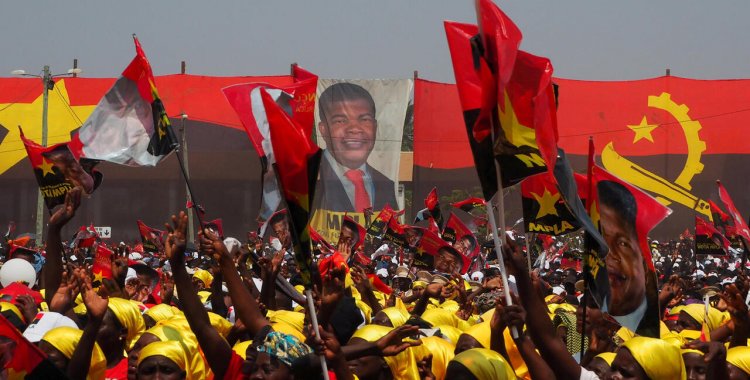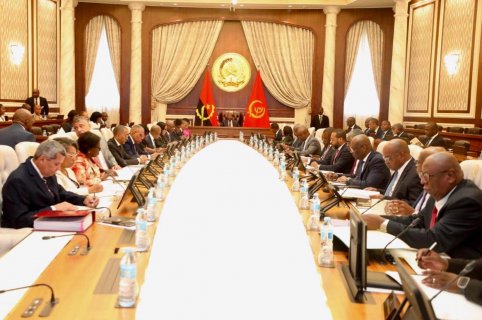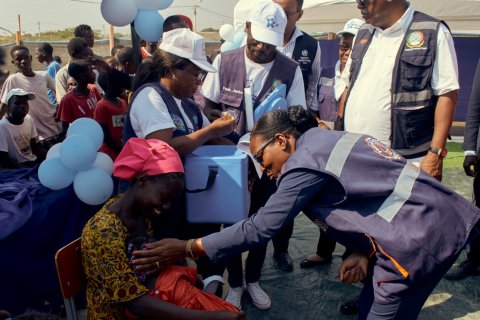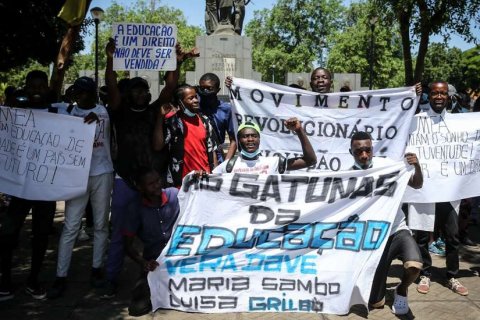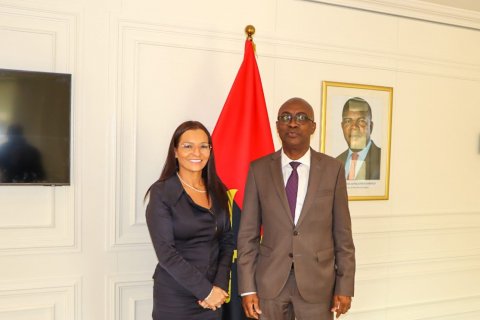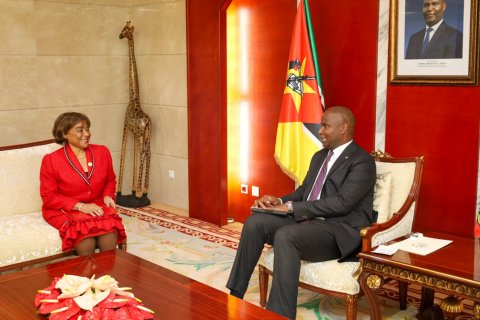For the secretary for Information and Propaganda of the political bureau of the Popular Movement for the Liberation of Angola (MPLA), declared the winner of the August 24 elections, the call for demonstrations by the opposition reflects the "behavior of the bad loser".
"This is always the behavior of the bad loser, unfortunately people talk about democracy, but they don't know how to be in it and this is visible in the behavior of each one, so we don't have to have that concern", said this Friday to Lusa Rui Falcão.
The MPLA "was one of the actors in this election, it won the race, naturally it will govern, its executive will take office and as a result we will implement the program that was voted, now the rest is not a problem for our party", pointed.
"The State has its own institutions that should deal with this matter (public demonstrations) and not us. We are just an electoral actor, an actor in the country's democratic process, we do not see this behavior in our militants", stressed the politician.
"We have a different way of being in democracy and that's what sets us apart," he said.
The opposition expressed, on Thursday, "disquiet" over the appointment of dates for the investiture of the President of the Republic without validation of the electoral results, which, however, were validated on Thursday at the end of the afternoon, and announced the creation of a working group to convene demonstrations expressing "the repulsion" of voters.
The intention is contained in a communiqué signed by five Angolan opposition parties: National Union for the Total Independence of Angola (UNITA), Broad Convergence for the Salvation of Angola - Electoral Coalition (CASA-CE), Social Renewal Party (PRS), Frente National Liberation of Angola (FNLA) and Democratic Bloc.
The subscribers also claim to be attentive "to the clamor and sentiment of the population", so they decided to create a working group "to study the framework and conditions for the organization and convening of demonstrations as an expression of the feeling of repulsion of the voting citizens".
These demonstrations, they stressed, will have "a strictly peaceful and orderly character", taking place in coordination with public order bodies and "in keeping with the spirit of the constitutional order, the law and the public interest".
Rui Falcão said that his party is not worried about the convening of demonstrations, because "it calmly follows and respects the norms that democracy imposes".
"We follow what is being said, but we are not part of it, we have nothing to do about it, we follow the process calmly and, as always, respecting the norms that democracy imposes", he stressed.
"Whoever violates the law assumes responsibility individually, we are a party with a sense of state, with a vocation for the exercise of governance power, and we are not going to lower the level to that point, we are already in another galaxy, we see the country with other eyes", he assured.
Regarding the considerable presence of defense and security forces in the main streets and avenues of Luanda, displaying artillery and various military means, in compliance with the "state of combat readiness", Falcão insisted that the MPLA is not part of this process.
The state, he argued, "has its own mechanisms, the MPLA does not control these mechanisms." "As you know, there are bodies that are non-partisan and over which we have no influence."
"As citizens, we are concerned about anyone who talks about democracy and continues to be the usual troublemaker and that is what makes me sad, we would like to have a more constructive opposition that would contribute more to the development of the country and that would not permanently take it to this setback that is visible in people's behavior", he noted.
The Constitutional Court rejected the appeal filed by UNITA on Thursday, stressing that the evidence presented "does not allow us to question the overall results" of the elections announced by the National Electoral Commission (CNE).
The TC ruling validates the results of the general elections announced by the CNE, on 29 August, which give victory to the MPLA and its candidate João Lourenço, re-elected President for the second term, whose investiture takes place on 15 September.
Rui Falcão also said that his party does not expect any congratulations from his main opponent on the electoral victory of his party because it has never done so in the previous elections.
The politician also denied the alleged partisanship of state institutions, namely the CNE and the Constitutional Court, considering that, although these also include their members, he never saw the opposition praising any state institution.
Last week, the CNE proclaimed the MPLA and its candidate, João Lourenço, as winners with 51.17 percent of the votes, followed by UNITA with 43.95 percent.
With these results, the MPLA elected 124 deputies and UNITA 90 deputies, almost double the 2017 elections.
The PRS Party and the debuting Humanist Party of Angola (PHA) each elect two deputies.
CASA-CE, the National Patriotic Alliance (APN) and P-Njango did not obtain seats in the National Assembly, which in the 2022-2027 legislature will have 220 deputies.

